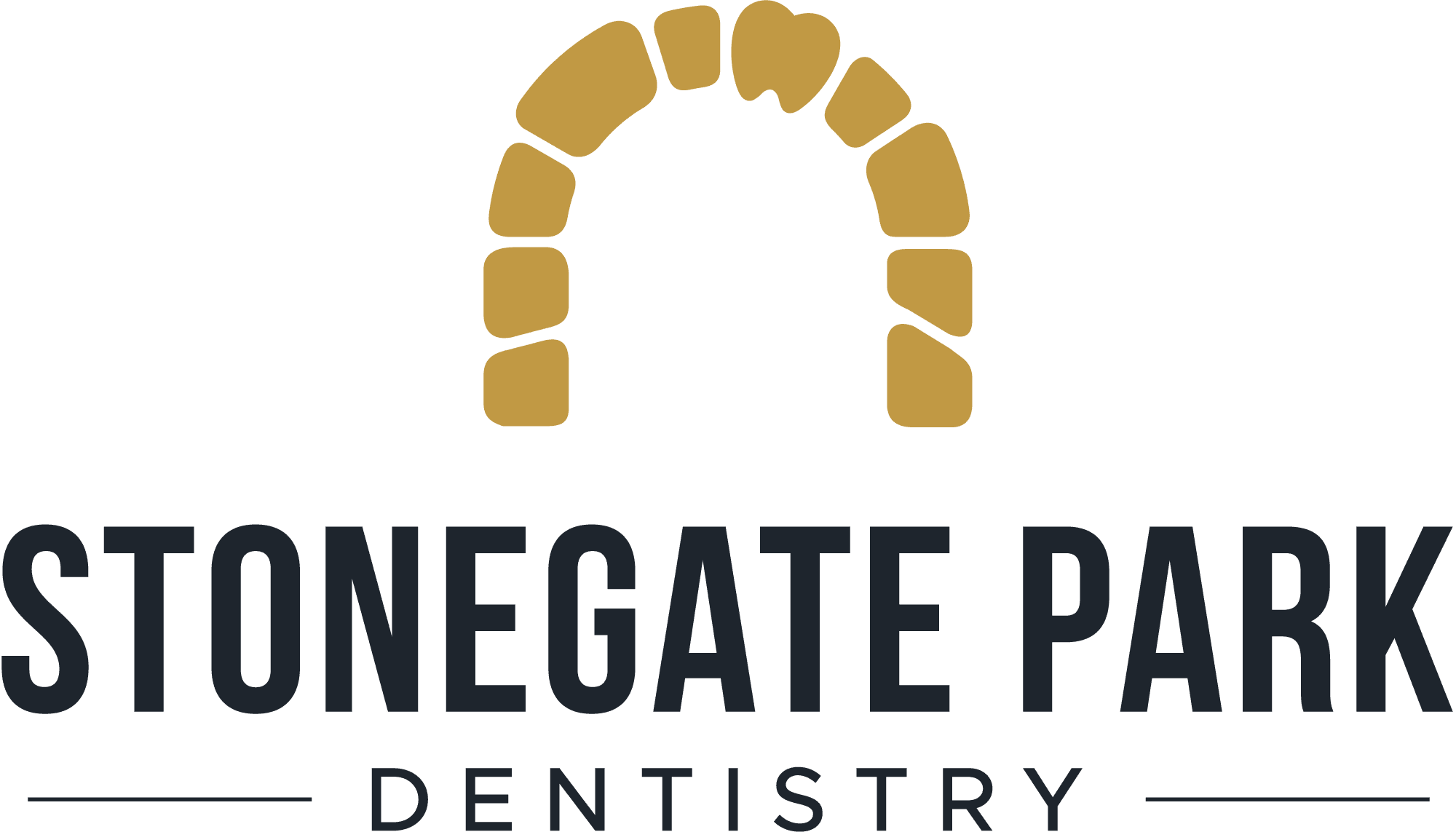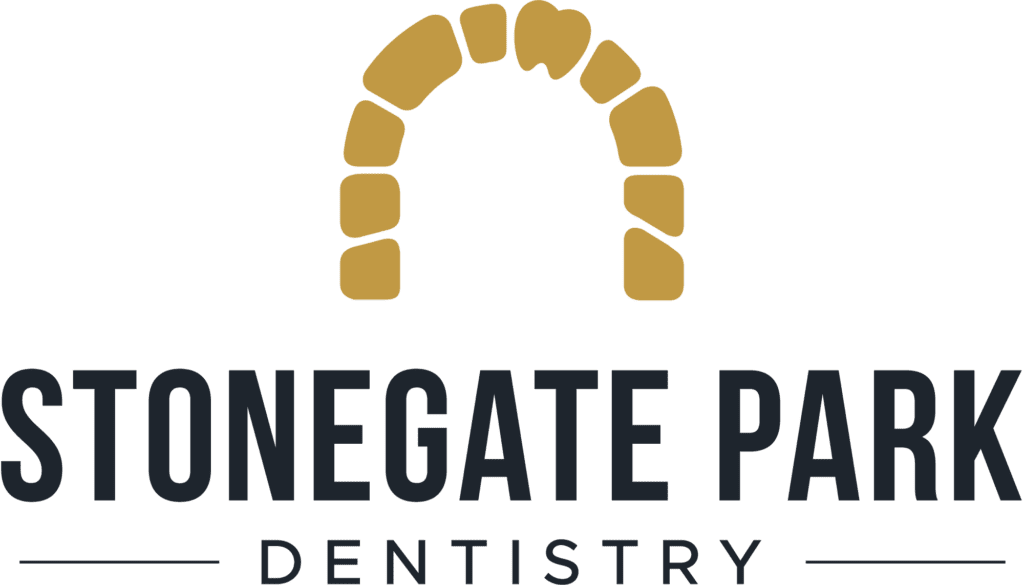
Stonegate Park Dentistry | Your St. Joseph Dentist
When it comes to your dental health, knowing the difference between an urgent issue and a routine visit can make all the difference. Imagine waking up in the middle of the night with excruciating tooth pain or chipping a tooth during a family gathering. In moments like these, acting quickly and knowing when to seek professional care is essential. At Stonegate Park Dentistry, your trusted St. Joseph dentist, we’re here to guide you through dental emergencies and provide the compassionate care you need.
What Is a Dental Emergency?
A dental emergency is any situation involving your teeth, gums, or mouth that requires immediate attention to alleviate pain, prevent further damage, or address serious health concerns. While some issues can wait for a scheduled appointment, others demand prompt action. Below, we’ve outlined common dental emergencies and how to handle them.
5 Common Types of Dental Emergencies
1. Severe Toothache
A persistent or intense toothache often signals a deeper issue, such as an infection, decay, or a cracked tooth. Over-the-counter pain relief might provide temporary comfort, but ignoring the problem could lead to complications like abscesses or the need for a root canal. If you’re experiencing severe pain, don’t hesitate to contact us at Stonegate Park Dentistry.
2. Broken or Chipped Teeth
Accidents happen, and a chipped or broken tooth can result from anything from biting into hard foods to a sports injury. While minor chips might not seem urgent, fractures exposing the inner layers of your tooth require immediate care to prevent infection or further damage.
3. Knocked-Out Tooth
When a tooth is knocked out, time is of the essence. Retrieve the tooth by the crown (avoid touching the root), gently rinse it, and attempt to place it back into the socket. If that’s not possible, store the tooth in milk or a saline solution and head to our office right away. Acting quickly can significantly improve the chances of saving your tooth.
4. Bleeding or Swollen Gums
While mild gum irritation might be a sign of gingivitis, excessive bleeding or swelling can indicate a serious condition, such as advanced periodontal disease or an infection. If you notice unusual gum symptoms, seeking professional care is vital.
5. Lost Dental Filling or Crown
A missing filling or crown leaves your tooth vulnerable to further damage and can cause sensitivity and discomfort. In some cases, you can temporarily reattach the crown with dental adhesive, but it’s crucial to schedule an appointment with us promptly.
When to Seek Emergency Dental Care
Sometimes, it can be challenging to determine whether your situation is a true emergency. As a rule of thumb, seek immediate care if you experience any of the following:
- Intense, unrelenting pain
- Swelling in your face or jaw
- Uncontrolled bleeding
- Signs of infection, such as fever or foul-smelling discharge
- Difficulty opening your mouth or swallowing
Even if you’re unsure, it’s always better to err on the side of caution. At Stonegate Park Dentistry, we prioritize your health and are here to provide same-day emergency appointments whenever possible.
What to Do While Waiting for Professional Care
While waiting to see your dentist, there are steps you can take to manage discomfort and protect your oral health:
- Control Bleeding: Use a clean gauze or cloth to apply gentle pressure to bleeding areas.
- Reduce Swelling: Apply a cold compress to the outside of your cheek to minimize swelling and alleviate pain.
- Preserve a Knocked-Out Tooth: Keep the tooth moist by placing it in milk or saline.
- Avoid Further Damage: Refrain from chewing on the affected side of your mouth and stick to soft foods.
Remember, these are temporary measures. Professional care is essential to address the root cause of your dental emergency.
Preventing Dental Emergencies
While some emergencies are unavoidable, there are steps you can take to reduce your risk:
- Maintain regular dental checkups and cleanings.
- Wear a mouthguard during sports or other high-risk activities.
- Avoid chewing on hard objects like ice or non-food items.
- Practice good oral hygiene to prevent decay and gum disease.
Stonegate Park Dentistry: Your Trusted St. Joseph Dentist
Your St. Joseph dentist at Stonegate Park Dentistry understands how stressful dental emergencies can be. That’s why we’re committed to providing prompt, compassionate care to alleviate your pain and restore your smile. Whether you’re dealing with a sudden toothache, a chipped tooth, or a knocked-out tooth, our experienced team is here to help.
Don’t let a dental emergency disrupt your life. Visit our website at Stonegate Park Dentistry to learn more about our emergency dental services or to schedule an appointment. For urgent care, call us directly, and we’ll ensure you receive the attention you need.
Your smile deserves the best care—contact Stonegate Park Dentistry in St. Joseph, MI, today!

